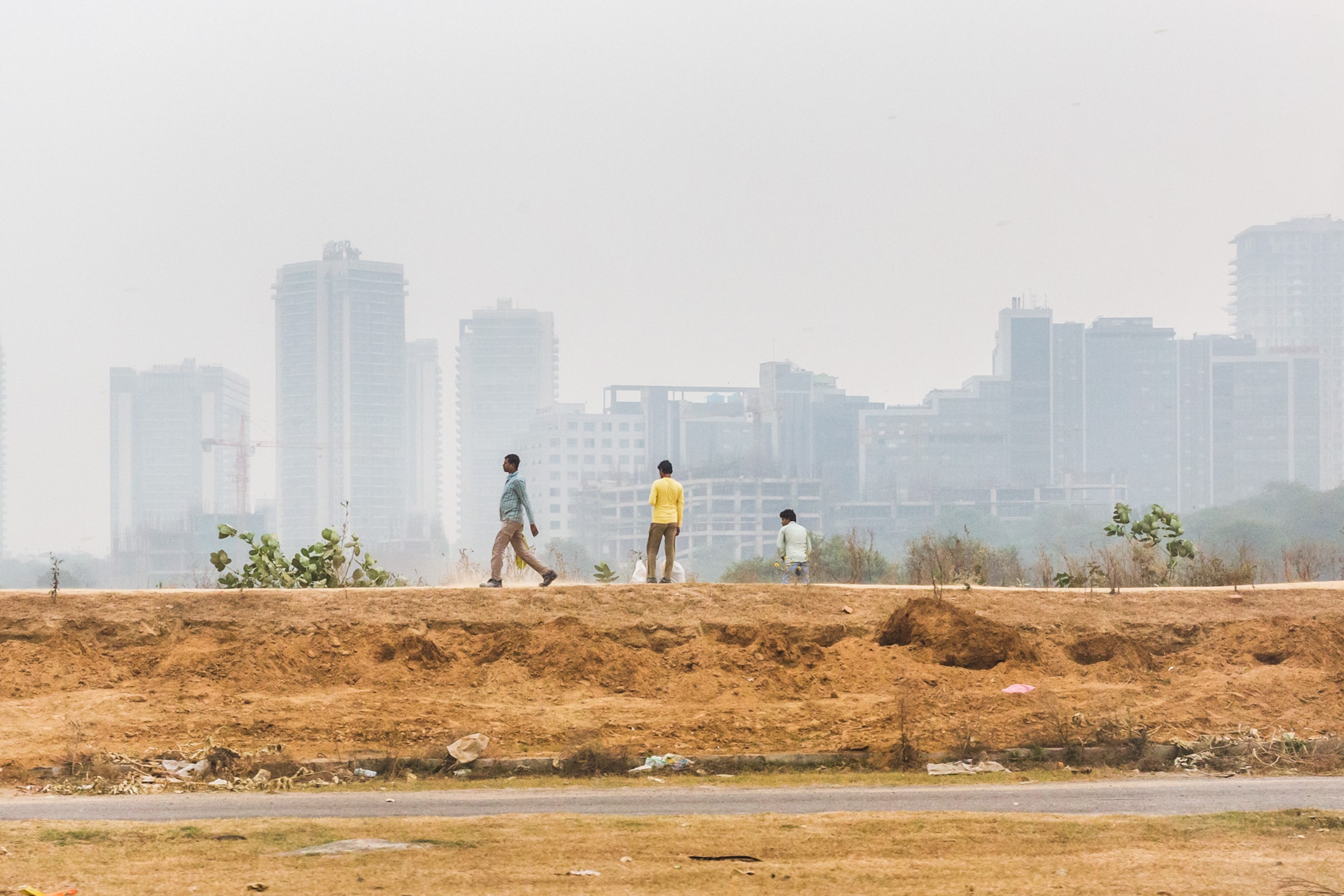How do we meet the hunger, poverty, energy, growth goals while meeting the environmental goals? What are the synergies and trade-offs? What are the costs of pursuing social goals without meeting sustainability goals and the other way around? To answer these questions, the International Institute for Applied Systems Analysis (IIASA), the Sustainable Development Solutions Network (SDSN), and the Stockholm Resilience Center (SRC), launched The World in 2050 (TWI2050), a global research initiative in support of a successful implementation of the United Nations’ 2030 Agenda while addressing critical knowledge gaps.
The CMCC Foundation joined this global initiative with the participation of the ECIP – Economic analysis of Climate Impacts and Policy Division.
TWI2050 aims at providing the fact-based knowledge to support the policy process and implementation of the 2030 Agenda.
The Sustainable Development Goals (SDGs), unanimously adopted by the United Nations in September 2015, provide an aspirational narrative for the desired future for human development with an actionable agenda. The aspiration is for a world free from hunger, injustice and absolute poverty, of universal education, health and employment with inclusive economic growth, based on transparency, dignity and equity, all achieved within the boundaries of the planet. The urgent question now is how to act on this aspirational agenda and to have a clear understanding of the full consequences and cost of inaction and the benefits of achieving SDGs in every major region of the world.
The World in 2050 (TWI2050) is an initiative designed to help answer these questions. TWI2050 aims not only to contribute to this understanding but also develop science-based transformational and equitable pathways to sustainable development that can provide much needed information and guidance for policy makers responsible for the implementation of the SDGs. TWI2050 will address the full spectrum of transformational challenges related to achieving the 17 SDGs in an integrated manner so as to minimize potential conflicts among them and reap the benefits of potential synergies of achieving them in unison.
More in detail, the TWI2050 will address critical knowledge gaps, such as the urgent need for a truly integrated, comprehensive quantitative understanding of sustainable development pathways, accounting for the interlinkages between the economy, climate, human development and planetary boundaries. The currently used long-term projections for the world economy do not tend to account for the impact of climate change or different demographic developments. Similarly, models for climate change mitigation are poorly integrated with models for biodiversity as well as the use of land and water resources. Moreover, we lack a proper understanding of the interrelations between policies aimed at productivity growth, material welfare, energy access, and environmental sustainability. We need more studies at regional-local scales to provide a better understanding of how every major world region can achieve sustainable development, and studies for a detailed understanding of the opportunities and needs for technological change. Modern ICT, local and traditional knowledge, biotechnologies etc can help in fact transform the way countries address major development challenges while enhancing local and Earth resilience.






